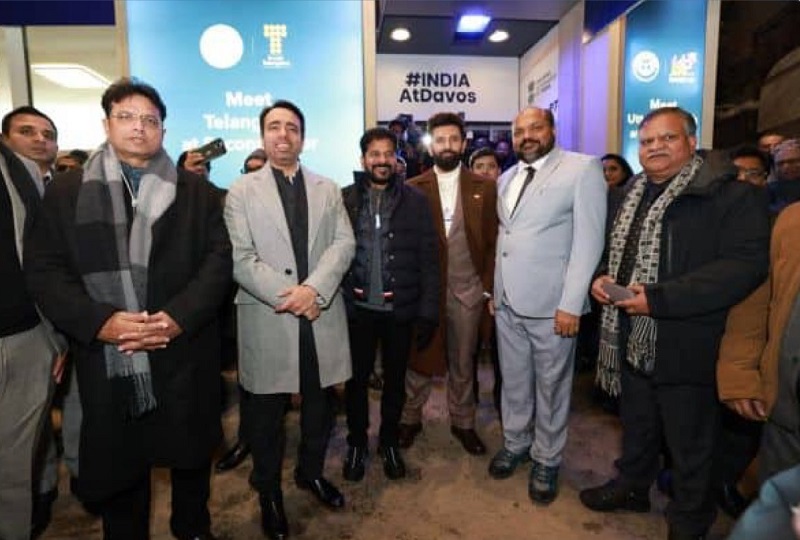
India’s delegation at Davos 2025, dubbed ‘Team Bharat,’ will highlight the country’s growth story and its vision for the future under Prime Minister Narendra Modi’s leadership. Led by Union Minister Ashwini Vaishnaw, the delegation includes key ministers from the Narendra Modi-led cabinet, several of whom are attending Davos for the first time, including CR Patil, Ram Mohan Naidu, Jayant Chaudhary, and Chirag Paswan.
The delegation will focus on India’s emergence as a global tech hub, with Vaishnaw likely to spotlight India’s dominance in the semiconductor industry. Ram Mohan Naidu will discuss regional connectivity through initiatives like the UDAN scheme and the development of world-class airports to attract investment. Patil’s agenda will center on water conservation, the provision of tap water to every home, and India’s strides in sanitation, with the construction of over 12,000 toilets in rural areas.
Chaudhary will call for investment in skilling and education, an area that is rapidly evolving. Paswan’s attention will be on food processing infrastructure, such as food parks. Additionally, Andhra Pradesh Chief Minister Chandrababu Naidu, making his Davos debut, will focus on the use of technology in governance and highlight Andhra Pradesh’s efforts toward the national net-zero carbon goal and green hydrogen.
Maharashtra’s Chief Minister, Devendra Fadnavis, will focus on attracting further investment to Maharashtra, already a leader in foreign investments, with agreements expected in sectors like electric vehicles, data centers, and pharmaceuticals.
‘Team Bharat’ aims to emphasize India’s growth trajectory, from being a manufacturing hub and the vaccine capital during the COVID-19 crisis to becoming a leader in films, technology, and innovation. The government also wants to showcase how millions have risen above the poverty line, access to affordable housing has increased, and progress is being made in the country’s most backward areas. This vision aligns with Prime Minister Modi’s goal of achieving a developed India by 2047.









